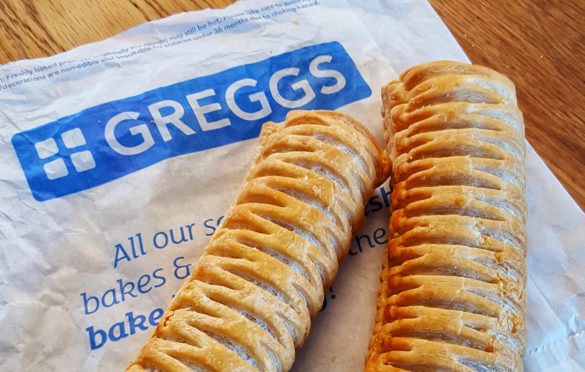
New figures show that almost a quarter of all new UK food products launched last year were labelled as vegan, while nearly two-thirds of Britons chose to eat meat substitutes.
Over the past two years, the number of Britons who have eaten food containing meat substitutes has risen from 50% in 2017 to 65%, analysts Mintel said.
It found sales of meat-free foods have grown 40% to an estimated £816 million in 2019.
The proportion of meat eaters who have reduced or limited the amount of meat they consume has risen from 28% in 2017 to 39% in 2019, it said.
Despite the increasing popularity of flexitarian diets – consisting of predominantly plant-based food with some meat and fish – Mintel found 88% of Britons will still eat red meat or poultry.
And while new UK food product launches labelled vegan have risen from 17% in 2018 to 23% last year, those following a vegan diet still only make up around 1% of the UK population, the figures show.
When asked about the benefits of eating less meat, 25% of consumers cited improving the environment, while 32% said it helped to improve health and 31% said it saved them money.
Kate Vlietstra, Mintel global food and drink analyst, said: “The rising popularity of flexitarian diets has helped to drive demand for meat-free products.
“Many consumers perceive that plant-based foods are a healthier option and this notion is the key driver behind the reduction in meat consumption in recent years.”

Enjoy the convenience of having The Sunday Post delivered as a digital ePaper straight to your smartphone, tablet or computer.
Subscribe for only £5.49 a month and enjoy all the benefits of the printed paper as a digital replica.
Subscribe